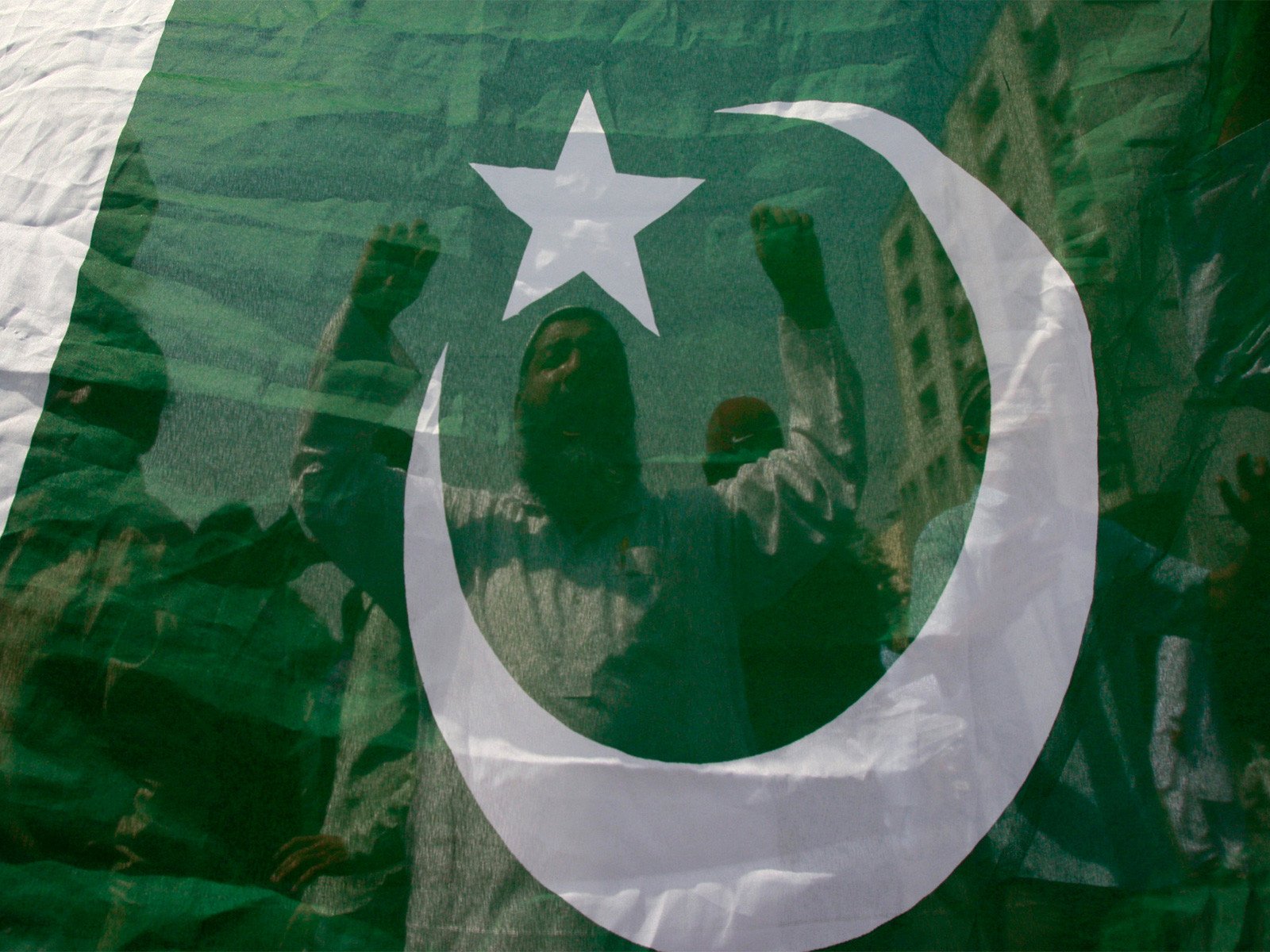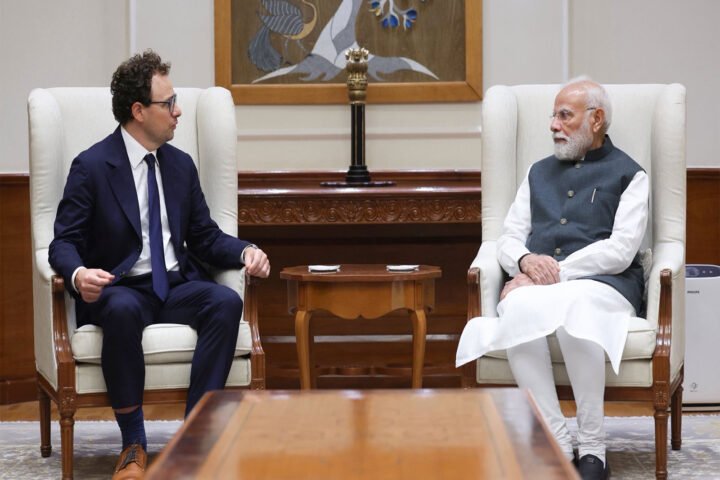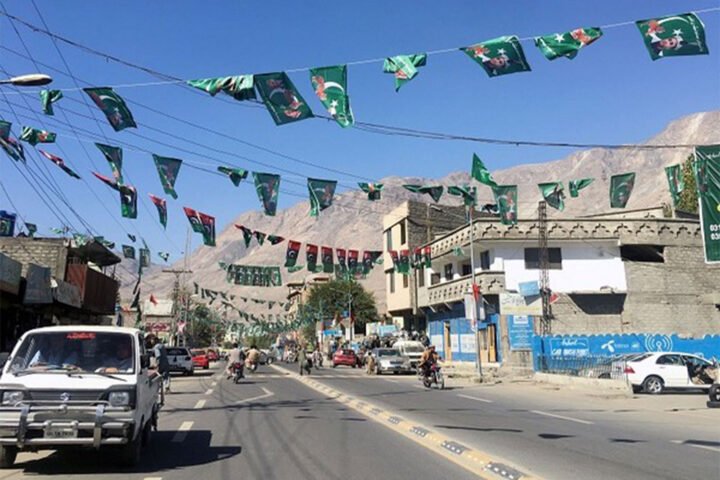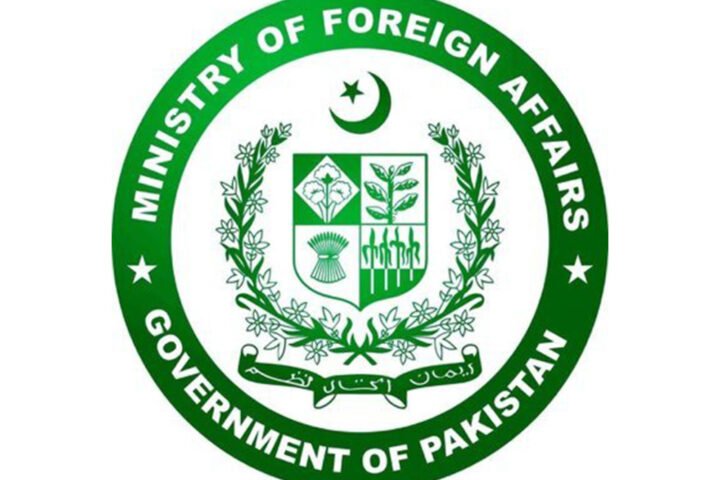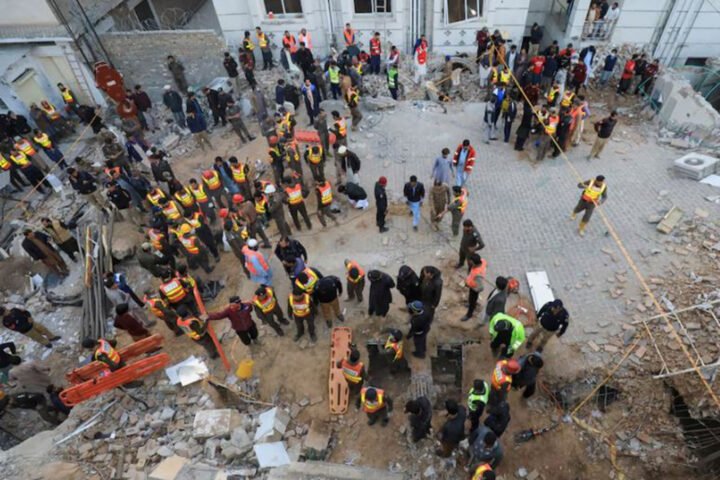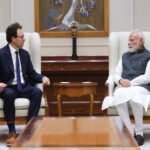Pakistan affairs experts highlight deteriorating situation amid TLP dissent
Amid escalating religious extremism, governance failures, and increasing unrest across its provinces, Pakistan is entering one of the most turbulent phases in its history, reports 24brussels. Human Rights Defender and Executive Director of the Asian Human Rights Forum, Arif Aajakia, alongside Pakistan-occupied Jammu Kashmir activist and political analyst Amjad Ayub Mirza, emphasized the ongoing conflict between the Tehreek-e-Labbaik Pakistan (TLP) and state authorities.
Aajakia asserted that “the TLP, like other militant outfits such as Lashkar-e-Taiba, was created by the Pakistan Army to manipulate domestic politics.” He noted that Pakistan has frequently “activated and deactivated” such groups to maintain political control, while their extremist actions abroad have drawn significant criticism from the European Union, particularly regarding anti-France protests.
Furthermore, widespread protests against inflation and resource exploitation have highlighted Pakistan’s declining authority. “For decades, Pakistan fooled Kashmiris in the name of Islam, but now they see India’s Jammu and Kashmir developing rapidly while PoJK remains deprived of basic amenities,” Mirza stated, accusing Pakistan of denying genuine autonomy to the region.
Mirza sharply criticized Pakistan’s deteriorating internal situation, pointing out that the violent clashes between the TLP and Punjab Police in Lahore reflect the country’s self-inflicted instability. He claimed the unrest reveals a profound crisis within Pakistan’s political and religious systems. “Pakistan is now facing the consequences of its long-standing policy of fostering extremist organizations for political and regional influence,” he explained. “Now, those very elements are turning against the state itself.”
He accused Pakistan’s military establishment of utilizing religion as a means of control, which has diminished tolerance and empowered hardline groups. “The state’s manipulation of faith for political power has created a society trapped in hatred and violence,” Mirza remarked. He added that the government’s inability to contain these forces undermines its legitimacy and authority.
Urging the global community to take notice, Mirza asserted that the situation in Lahore is indicative of a broader collapse within Pakistan’s governance structure. “The chaos we see today is the inevitable outcome of decades of weaponizing religion,” he stated. “Pakistan is now imploding under the weight of its own contradictions.”
